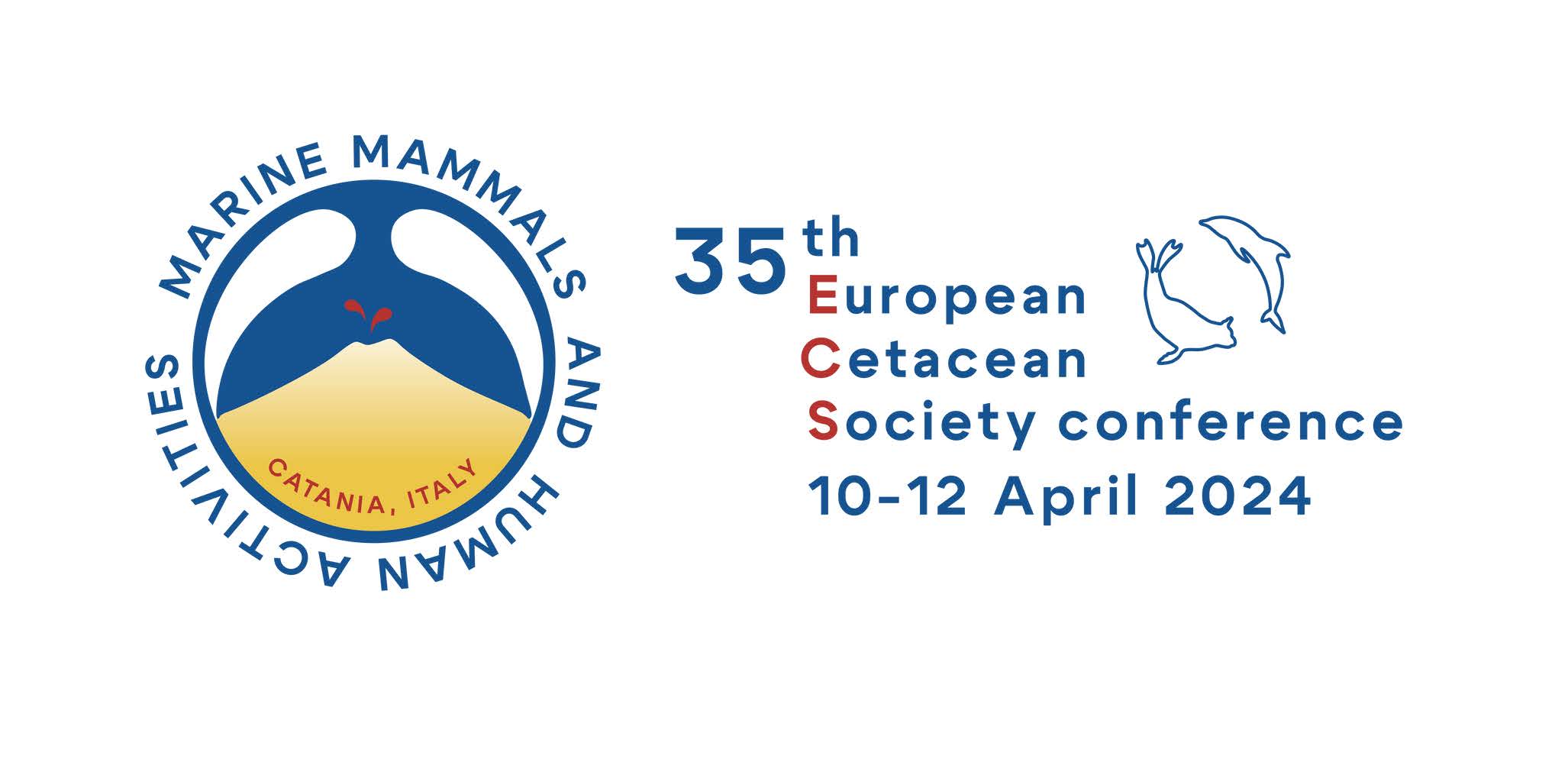Angela Ziltener ¹ ², Kirsty Medcalf ¹, Thalia de Haas ¹, Gemma Venerusco ¹ ³
¹,² Dolphin Watch Alliance, Department of Anthropology, University of Zurich, Winterthurerstrasse 190. 8057 Zürich
³ University of Bangor, School of Ocean Sciences, Marine Centre Wales, Askew Street, Menai Bridge, Wales, LL59 5AB
Korrespondierende Autorin
Angela Ziltener
a.ziltener(at)aim.uzh.ch
Increasing observations of fatal fluke entanglements
of Indo-Pacific bottlenose dolphins with discarded fishing gear in the Northern Red Sea, Egypt
Entanglement with discarded fishing gear is a global issue for many marine species, and by-catch is the world’s largest cause of death of cetaceans. In the coral reefs off Hurghada in the Northern Egyptian Red Sea, increasing numbers of Indo-Pacific bottlenose dolphins (Tursiops aduncus) are suffering from increased mortality and morbidity after being documented with a variety of rope types tightly entangled around the tail fluke. The categories of rope recorded include monofilament and braided fishing line, and thick ropes of uncertain origin. The objective of this presentation is to showcase videos and images of entangled dolphins to highlight this issue, to invite interdisciplinary discussions from colleagues on whether this has been observed in other study areas, how entanglements may occur, and steps required to minimise these incidences. Through a unique combination of boat-based and underwater surveys, 11 individuals were observed with fluke entanglements. Among these, three individuals are deemed as deceased, and one individual was reported free of any ropes. During a 3-week survey in November 2022, three individuals with entangled ropes were recorded. All entangled individuals observed have either been calves or juveniles. During underwater focal-follows, dolphins are often observed interacting with objects in the water column including seaweed, fish, ropes, and discarded plastics. However, it is uncertain how an increasing number of individuals are becoming entangled with high consistency around the fluke. Injuries and issues arising from entanglements are complex and include drowning, amputation of distal body parts, laceration of blood vessels, tissue damage and infection. Moreover, restricted movement from entanglement ultimately leads to an inability to forage or engage in natural behaviours. In summary, these impacts have implications for individual welfare and survival, and for a relatively small population, it’s unclear whether entanglement incurs population-level effects, thus assessments are urgently needed to inform management actions.



